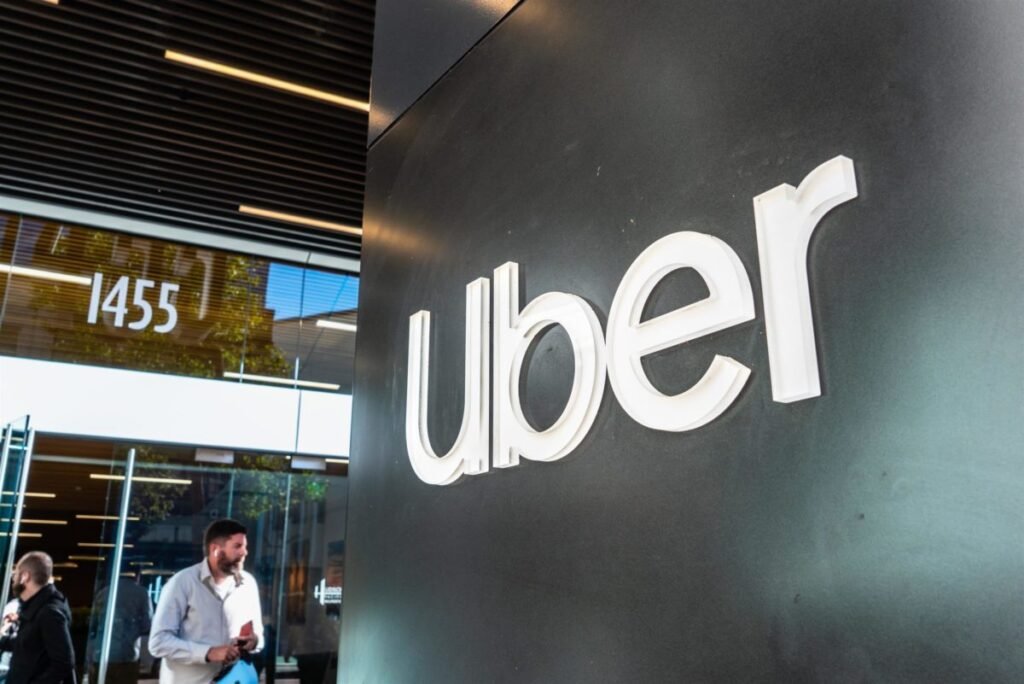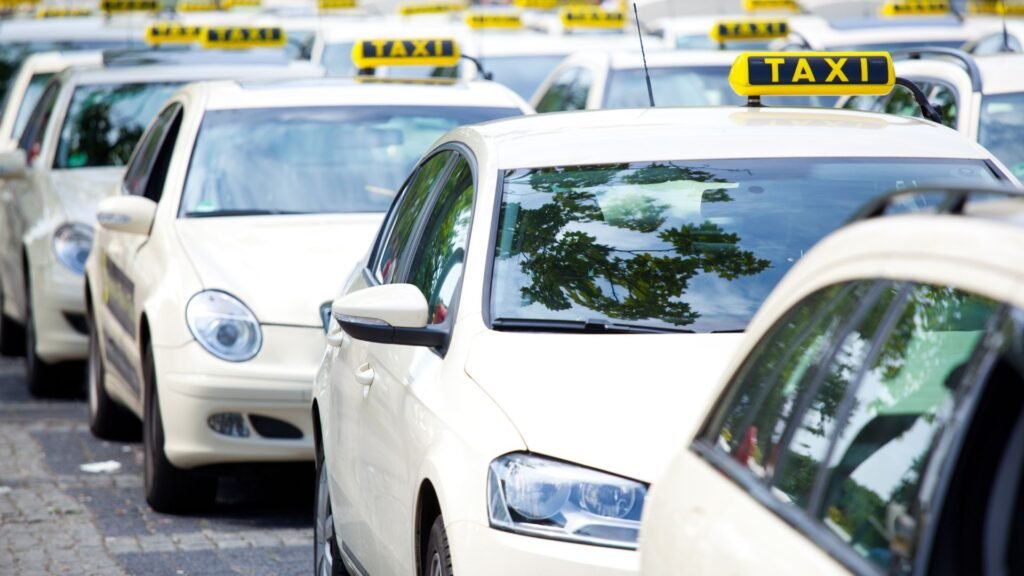In a significant legal development, rideshare giant Uber has reached a groundbreaking settlement with Australian taxi and hire car drivers, operators, and license holders. Uber has agreed to pay A$271.8 million (equivalent to $178 million) to compensate those who suffered financial losses and saw the value of their licenses diminish when Uber entered the Australian market.
Uber’s Expansion Impacts on Licensed Taxi Drivers
Uber’s aggressive expansion strategy disrupted the traditional taxi industry. By operating without the necessary licenses, Uber gained a competitive advantage. Licensed taxi drivers, who had invested substantial sums in acquiring licenses, found themselves facing financial losses. Uber’s revenue model exploited this disparity, leading to a situation where licensed taxi drivers suffered while Uber thrived.
Class Action: Justice for Affected Taxi Owners
More than 8,000 taxi and hire car owners filed a class action lawsuit in 2019 seeking justice for Uber’s negative impact on their livelihoods. These individuals were part of the group that bore the brunt of Uber’s disruptive entry into the Australian transportation landscape.
When Uber first arrived in Australia in 2012, it did so without the required permits under Australian state laws. Uber’s drivers operated illegally, providing rides without following the licensing regulations that traditional taxi services were required to follow. This disregard for established norms sparked outrage among taxi operators and license holders, who saw their income and license values plummet.
A Five-Year Battle for Accountability
The road to justice was indeed long and arduous. Legal proceedings stretched across several years, with both parties vigorously presenting their arguments in court. The litigation process became a maze of complexities, with no stone unturned.
For half a decade, the legal team at Maurice Blackburn fought tirelessly on behalf of the affected taxi and hire car drivers. Their unwavering dedication was motivated by a sense of justice—the belief that Uber’s actions had exacted a high price on those who had faithfully served the transportation industry.
Uber’s Response

Upon the announcement of the settlement, Uber provided a cautious response, emphasizing its commitment to resolving outstanding legal disputes and moving forward positively. An Uber spokesperson highlighted the company’s contributions to state-level compensation schemes since 2018, portraying the proposed settlement as a step towards resolving lingering controversies.
Uber’s unyielding resistance
Uber, on the other hand, did not take a passive role. At every turn, it resisted accountability. It used legal tactics to deflect accusations and avoid accountability. The courtroom became a battleground, with principles clashing and livelihoods on the line.
Then, on the steps of the courtroom, after years of evading responsibility, Uber finally relented. The air crackled with anticipation as Michael Donelly, principal lawyer at Maurice Blackburn, stepped forward. His words resonated like a clarion call: “This case succeeded where so many others have failed.” The victory was theirs—a turning point etched in legal history.
Uber’s Financial Condition
While Uber’s global presence and valuation soared, its practices faced scrutiny. The company’s financial health remained robust, but its actions raised ethical questions. The proposed settlement of A$271.8 million acknowledges the harm caused to taxi operators and license holders, emphasizing that Uber cannot escape accountability.
Former Lawmaker Rod Barton’s Perspective
Rod Barton, a former lawmaker and taxi driver, played a pivotal role in the class action. He asserted that Uber knowingly flouted Australia’s taxi licensing rules. “They knew full well that they were required to have their drivers and their vehicles fully licensed,” Barton stated. Uber’s calculated decisions allowed it to establish a foothold, leaving traditional taxi services struggling to compete.
Legislative changes and Compensation Schemes
In 2015, Australian laws changed, allowing Uber to operate without taxi licenses. At the same time, state governments established compensation schemes for taxi drivers and license owners. The irony lies in the fact that Uber benefited from these changes while the taxi industry suffered.
Impact on the taxi industry

The settlement has sparked thought in the taxi industry, emphasizing the need for adaptive strategies to compete with innovative disruptors while advocating for equitable regulatory frameworks. The outcome of the legal battle has far-reaching consequences for the future of transportation regulation, shaping industry dynamics and stakeholder relationships in an ever-changing market landscape.
Final Thoughts:
The A$271.8 million settlement sends a powerful message: even global giants must be held accountable for their actions. Uber’s legacy issues are now firmly in the past, but the impact on taxi operators and license holders remains. As the dust settles, this case serves as a reminder that progress should not come at the expense of fairness and justice.
We invite you to weigh in on the recent groundbreaking settlement between Uber and Australian taxi and hire car drivers, operators, and license holders. Do you believe there is a specific reason why Uber has agreed to pay A$271.8 million in compensation? What was the aftermath of the five-year saga for Australian taxi operators and Uber?
